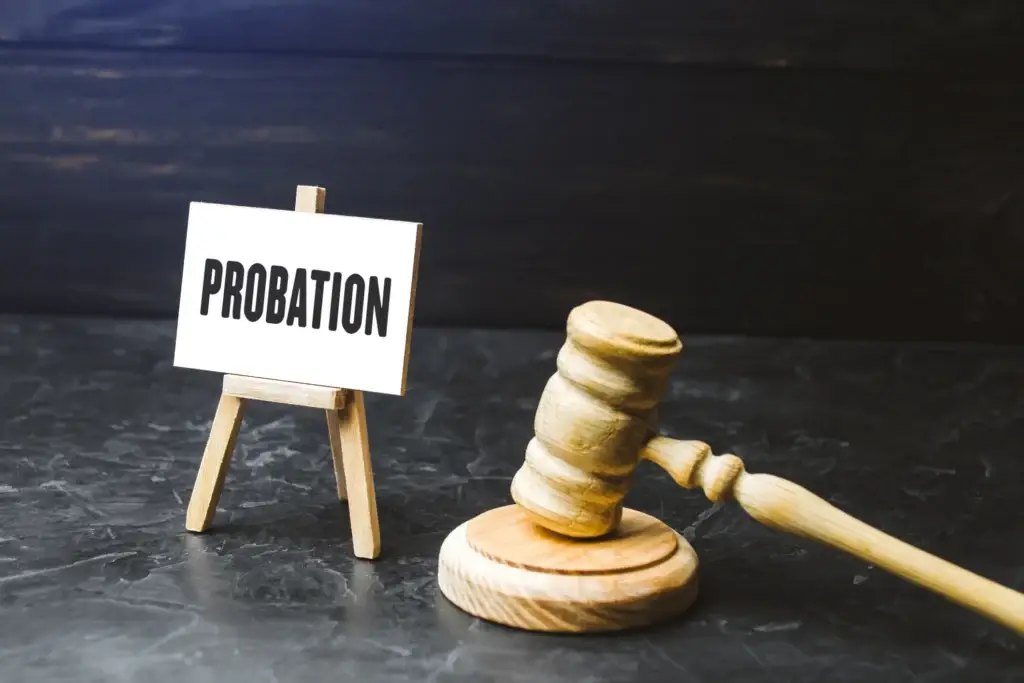March 31st, 2025
Court-Ordered Anger Management: FAQs & Requirements

When emotions run high and actions cross legal lines, courts may step in—not just with punishment, but with a path toward healing and self-control. Court-ordered anger management classes are one such route, and for many, they represent a second chance. Whether you’re facing this mandate or supporting someone who is, understanding what’s involved can ease anxiety and help you move forward.
In this guide, we’ll cover the most frequently asked questions, requirements, and expectations around court-mandated anger management classes, helping you navigate the process with clarity and confidence.
What Is Court-Ordered Anger Management?
Court-ordered anger management is a legal mandate requiring an individual to attend a certified anger management program. These classes aim to help participants understand their triggers, learn de-escalation techniques, and develop healthier coping mechanisms.
Judges may require these programs in cases involving:
- Domestic disputes
- Assault or battery charges
- Road rage incidents
- Workplace aggression
- Child custody or divorce proceedings
This mandate is not just a punishment—it’s an opportunity for personal growth, emotional regulation, and legal compliance.
Why Do Courts Mandate Anger Management?
Anger itself isn’t illegal—but when it leads to behavior that breaks the law or endangers others, the justice system may intervene. Courts use anger management mandates to:
- Reduce recidivism
- Support rehabilitation
- Promote public safety
- Address the root causes of aggression
It’s a rehabilitative approach meant to prevent future incidents rather than simply penalize past behavior.
Anger itself isn’t illegal—but when it leads to behavior that breaks the law or endangers others, the justice system may intervene.
Who Can Be Ordered to Take Anger Management Classes?
Anyone can be required to attend, regardless of age, background, or profession. Common scenarios include:
- First-time offenders looking to avoid harsher penalties
- Repeat offenders demonstrating a pattern of aggression
- Parents in custody disputes where anger or violence has been an issue
- Employees dealing with workplace aggression
- Teens involved in school fights or bullying
The specifics depend on the court, the state, and the nature of the offense.
How Long Are Court-Ordered Anger Management Programs?
Program lengths vary. The judge often specifies the required number of hours, which can range from:
- 4,8,12 hours for minor incidents
- 12–26 weeks for moderate offenses
- 52 weeks or more for serious or repeated violations
Each program is structured to help participants progress through stages of emotional awareness, self-control, and behavior modification.
What Happens in a Typical Anger Management Class?
Every program is slightly different, but most cover the same core principles:
1. Understanding Anger
- What triggers anger?
- How does it manifest physically and emotionally?
2. Identifying Personal Triggers
- Recognizing the signs before escalation
- Keeping an anger diary
3. Developing Coping Strategies
- Breathing techniques
- Mindfulness and meditation
- Communication skills
4. Cognitive Behavioral Tools
- Reframing negative thoughts
- Creating behavior change plans
5. Managing Relationships
- Handling conflict without aggression
- Setting boundaries
Classes may be one-on-one, in a group setting, or offered online, depending on your court’s approval.
Do Online Anger Management Classes Count?
Yes, many courts now accept online anger management classes as valid—especially when offered by certified, court-approved providers.
Our comprehensive guide, Court-Approved Online Anger Management Classes: The Definitive Guide, offers details on choosing the right course, meeting legal requirements, and completing the process efficiently.
Online classes provide flexibility, privacy, and accessibility—particularly valuable for those with tight schedules or limited transportation.
Yes, many courts now accept online anger management classes as valid—especially when offered by certified, court-approved providers.
How to Choose a Court-Approved Anger Management Program
To comply with court requirements, you must ensure the program is:
- Certified by a licensed mental health professional or recognized institution
- Court-approved in your specific jurisdiction
- Structured to cover required hours and topics
Look for providers that offer:
- A certificate of completion
- Full transparency on the name and qualifications of the curriculum creator
- Attendance tracking
- Customer support
- An acceptance guarantee (or a money-back guarantee)
What Documentation Will I Need for the Court?
At a minimum, you’ll need a certificate of completion that includes:
- Your full name
- Program details (hours, dates, topics)
- Provider credentials
- Contact information
Some courts may also request:
- Weekly attendance reports
- Progress evaluations
- Proof of payment
Always confirm documentation requirements with your attorney or probation officer.
What Happens If I Don’t Complete the Program?
Failure to complete a court mandated anger management class can lead to serious consequences, including:
- Probation violations
- Fines or additional fees
- Jail time
- Custody loss (in family cases)
- Delays in case resolution
If you’re struggling to attend or complete your program, communicate with your court-appointed contact as soon as possible. Some courts offer extensions or alternative formats when appropriate.
Will This Be on My Permanent Record?
It depends on the case. In many instances, successful program completion can lead to:
- Charges being reduced or dropped
- Sealed or expunged records (in qualifying cases)
- Favorable outcomes in custody or employment cases
Always speak with a legal professional about your specific situation.
Internal Resources for Deeper Support
We’ve written several in-depth guides to support you during this process:
- Online Anger Management Classes: What to Know Before You Enroll
Everything you need to know about formats, credentials, and court acceptance. - Anger Management Techniques That Actually Work
Evidence-based tools you can use right away. - How to Satisfy Court Requirements Online
Avoid legal pitfalls and complete your program with confidence.
These resources are designed to support you through every stage of your journey—from the courtroom to personal growth.
A Second Chance Starts Here
If you’re facing court-ordered anger management, remember: this is more than a box to check. It’s a chance to build better habits, improve your relationships, and take control of your life.
Our online classes are:
- Court-approved across most U.S. jurisdictions
- Flexible and private, designed to fit your schedule
- Supportive and professional, led by certified facilitators
- Transparent and trustworthy, you can easily see the credentials of our curriculum specialists and courts and probation officers can verify the authenticity of our certificates
Learn more about our online anger management classes and take the first step toward lasting change.
Related Posts

Alcohol Awareness Classes and Probation: Understanding Your Requirements and Ensuring Compliance

How to Confidently Talk to Your Employer About a Court-Ordered Alcohol Awareness Class
Ready To Learn How To Manage Your Anger?
